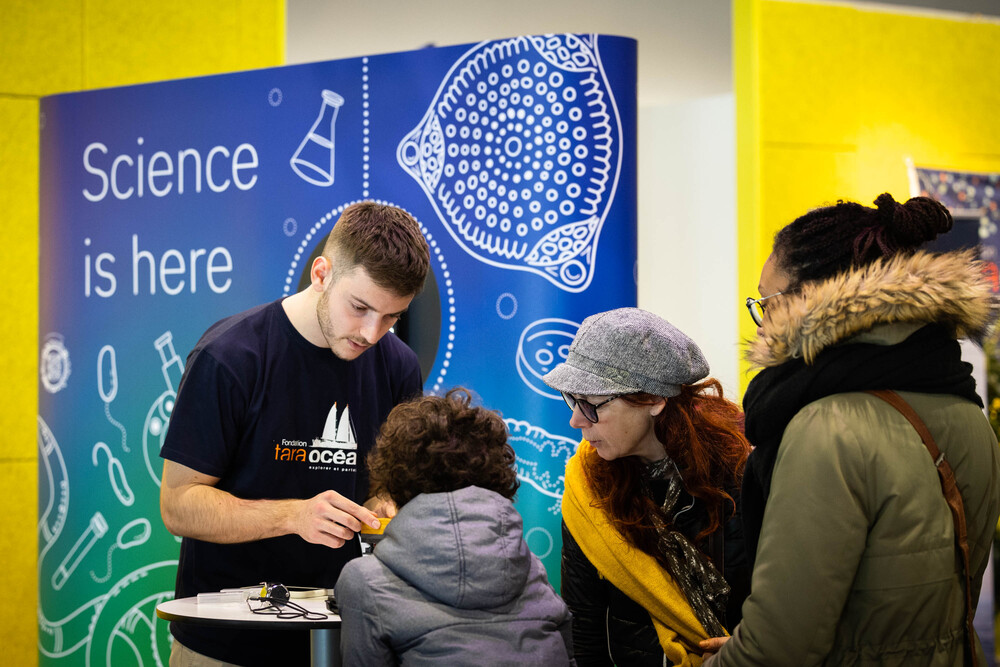Roles and responsibilities
- Communications officer, press officer, and science writers within research institutes or scientific funders/societies
- develop/manage communications projects (including working with external providers for graphics, layouts, printing) – e.g., the organisations’ internal or external communications (magazines, flyers, annual reports etc).
- write or edit individual communications pieces such as press releases, articles for the organization’s magazine, reports and other promotional materials.
- and/or support the writing and editing of grant applications and publications.
- Outreach and education
- communications work focussed in university/institute outreach teams, science museums and exhibits, and other scientific organizations focussed on engaging and educating the public. Tasks may include organizing/hosting visits from the public/schools, designing and running engagement activities, organizing events, writing about science for the general public, developing resources for science engagement, social media activities.
- Medical communications and medical writers
- medical/technical communications roles are a specific type of scientific communication found in pharma, biotech, contract research organisations, and agencies/consultancies. People working in this career area are tasked with writing a range of communications materials – for example, documents to support regulatory applications, promotional literature, briefings for sales teams and manuals for products. Medical writers may also be involved in writing up clinical research from biotechs and pharma for publication or even preparing slide decks to be presented at medical conferences, and some medical writers are specialised in writing documentation for regulatory applications.
- Scientific journalism and science writers
- on a freelance or employment basis for science magazines and general press – writing articles aimed at scientists/or interested lay-people on a wide range of topics related to research and/or research-related topics.
- Scientific illustration
- scientific illustrators help scientists, publishers and biotechnology companies to communicate effectively with scientific visualisations.
- Corporate communications
- producing in-house or external communications for (scientific) companies.
Career entry and progression
Most areas of science communication are accessible directly from a PhD or postdoc. Some science communicators start their career by completing additional training – for example, a master’s programme – or building formal experience via an internship. These can be particularly helpful to break into the most competitive fields (e.g. science journalism). However, engagement with outreach, writing, blogging or social media during your time in academia can also launch science communication careers.
Knowledge and skills
In our careers and skills survey, 16 science communication professionals told us the competencies they use most in their daily work The most frequently selected competencies were:
- effective communication (selected by 88% of respondents, and rated highest for success in the role)
- writing (selected by 88%)
- organization (selected by 56%)
- broad scientific knowledge (selected by 50%)
- clarity of thought (selected by 38%)
- teamwork (selected by 38%)
Language requirements
Where the focus is writing manuscripts or grants, or other communications for the international scientific community, the working language is often English. In our careers and skills survey, four respondents from the science writing career area were working in a country where English is not the native language and all indicated that it was possible to work in their current role entirely in English.
Nevertheless, many roles (particularly those related to public outreach) require at least some communication targeted within the host country – and bilingual skills may be required e.g. a near-native level of both English and the local language in some cases.
For those working in a country where English is the native language, it is possible to work in this field without being a native-English speaker if you can demonstrate excellent communication skills.
